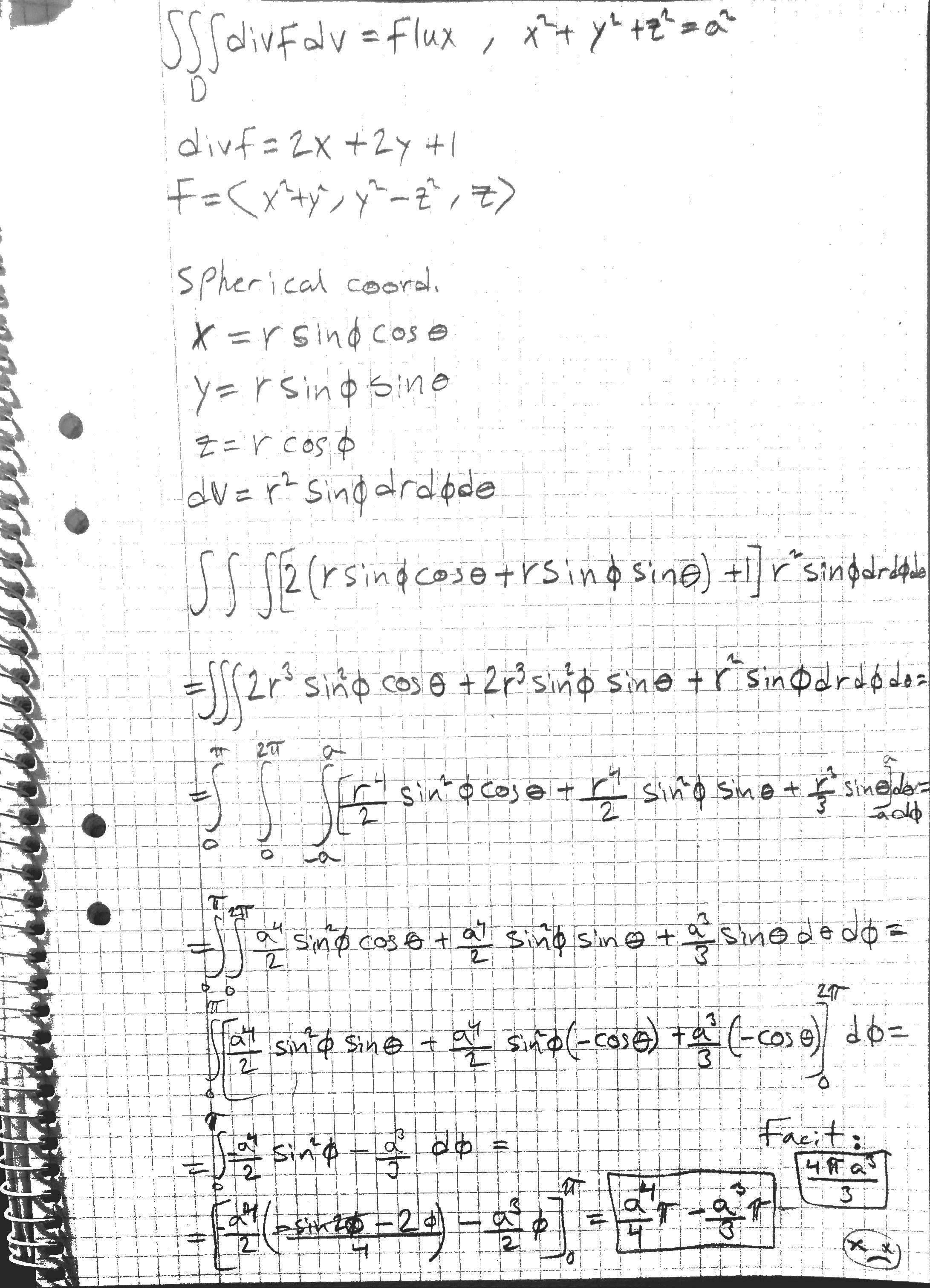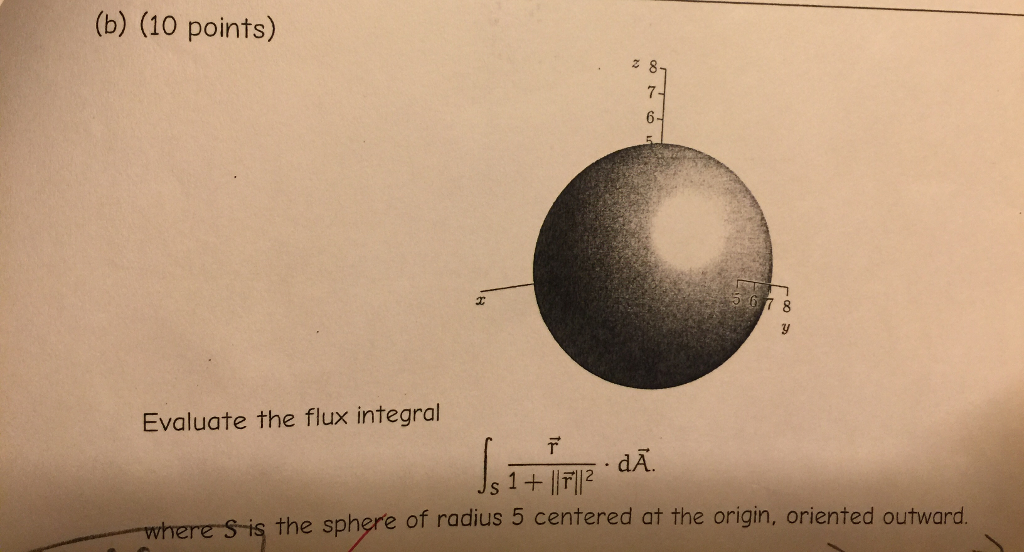
These equationsĬannot, unfortunately, be obtained from vector Vector integrals and equations relating such integrals. The interpretation of these quantities is best done in terms of certain We have already discussed the meaning of the gradient Mike The Feynman Lectures on Physics New Millennium Edition Your time and consideration are greatly appreciated. So, if you can, after enabling javascript, clearing the cache and disabling extensions, please open your browser's javascript console, load the page above, and if this generates any messages (particularly errors or warnings) on the console, then please make a copy (text or screenshot) of those messages and send them with the above-listed information to the email address given below.īy sending us information you will be helping not only yourself, but others who may be having similar problems accessing the online edition of The Feynman Lectures on Physics.

This type of problem is rare, and there's a good chance it can be fixed if we have some clues about the cause. which operating system you are using (including version #).


The electric flux through a planar area is defined as the electric field times the component of the area perpendicular to the field. The concept of electric flux is useful in association with Gauss' law.

Gauss' law permits the evaluationof the electric field in many practicalsituations by forming a symmetric Gaussian surface surrounding a charge distribution and evaluating the electric flux through that surface. Gauss' law is a form of one of Maxwell'sequations, the four fundamental equationsfor electricity and magnetism. Gauss' Law, Integral Form The area integral of the electric field over any closed surface is equal to the net charge enclosed in the surface divided by the permittivity of space. HyperPhysics***** Electricity and Magnetism If it picks any closed surface and steps over that surface, measuring the perpendicular field times its area, it will obtain a measure of the net electric charge within the surface, no matter how that internal charge is configured. For geometries of sufficient symmetry, it simplifies the calculation of the electric field.Īnother way of visualizing this is to consider a probe of area A which can measure the electric field perpendicular to that area. It is an important tool since it permits the assessment of the amount of enclosed charge by mapping the field on a surface outside the charge distribution. Gauss's Law is a general law applying to any closed surface. The electric flux through an area is defined as the electric field multiplied by the area of the surface projected in a plane perpendicular to the field. Gauss's Law Gauss's Law The total of the electric flux out of a closed surface is equal to the charge enclosed divided by the permittivity.


 0 kommentar(er)
0 kommentar(er)
